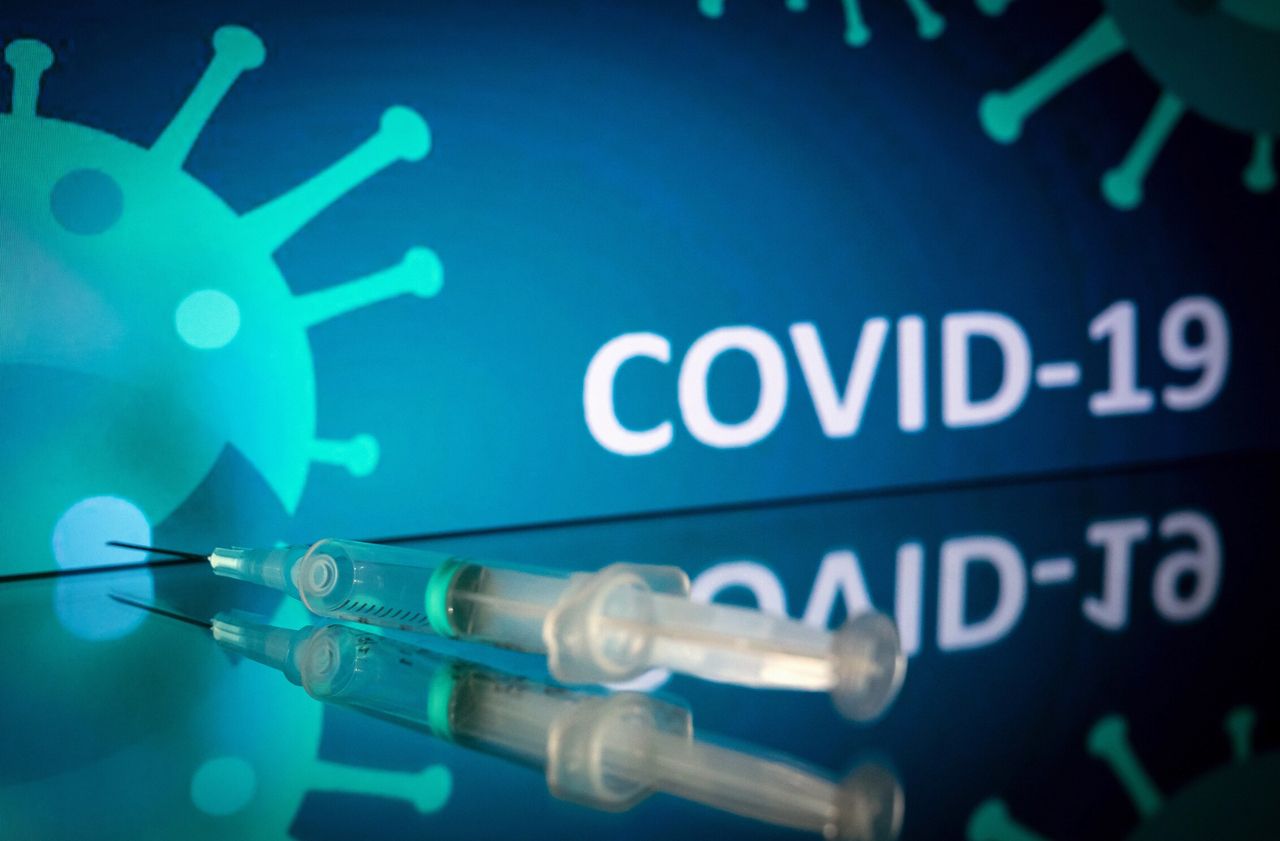A treatment to allow the United States to "hold out until the distribution of safe and effective vaccines", in the words of Alex Azar, US Secretary of Health.
This new tool in the fight against the Covid-19 epidemic is called bamlanivimab.
Developed by the American pharmaceutical group Eli Lilly, it received temporary authorization from the United States Medicines Agency (FDA) on Monday.
Olivier Schwartz, head of the Virus and Immunity Unit at the Institut Pasteur, welcomes "a very interesting therapeutic option", even "a hope", "if the treatment is administered early, before the signs worsen".
Created specifically against the new coronavirus, this synthetic antibody-based treatment can now be administered across the Atlantic to mild and moderate patients.
Donald Trump himself had benefited in October from a similar product, manufactured by the American company Regeneron.
"I call it a cure," he boasted after his recovery.
Block the multiplication of the virus
Bamlanivimab is so far “the only specific antiviral treatment” authorized, notes Olivier Schwartz.
The objective here is not to treat the clinical signs, but to "reduce the multiplication of the virus early".
It is given as a single intravenous injection.
"It is an antibody generated from white blood cells of convalescent patients which has been cloned", explains the virologist.
This monoclonal antibody “binds to the spike protein of the coronavirus” -or Spike protein-, the outer part of SARS-CoV-2 that allows the virus to infect a cell.
Thus covered, "the spike protein can no longer bind to cells" and the virus does not multiply.
Bamlanivimab can be administered in the United States to patients over 12 years of age, weighing at least 40 kg, who have "a high risk of progressing to severe Covid-19 and / or hospitalization," says the FDA.
The authorization issued for this treatment lasts only during the emergency of the pandemic and may be revoked thereafter.
No benefit in severe forms
Conducted on 465 non-hospitalized adults, the clinical trial shows that bamlanivimab reduced the proportion of patients hospitalized or going to the emergency room within 28 days following the injection: 3% in the group of patients treated, against 10% in the group of patients who received a placebo.
"There is therefore an advantage in the course of the disease in people who have a moderate form of Covid-19", summarizes Olivier Schwartz.
On the other hand, “no benefit has been observed for patients who already have a severe form of the disease”.
The treatment is thus considered to be more effective during the initial phase of the infection, when the antibodies still have a chance to control the invader, and not during the second phase, when the danger is no longer the virus itself but the overreaction of the immune system which attacks the lungs and other organs.
Newsletter - Most of the news
Every morning, the news seen by Le Parisien
I'm registering
Your email address is collected by Le Parisien to enable you to receive our news and commercial offers.
Learn more
"This is a very interesting strategy for treatment administered soon after diagnosis, in people most at risk," concludes the Institut Pasteur virologist, who nevertheless recalls that bamlanivimab has been tested "in a small number of patients. ".
“This is only phase 2, out of 500 patients.
We have to see what will happen in phase 3, which requires several thousand people, in order to verify the side effects and the effects of the treatment on a larger population.
"For the moment, the side effects identified" are classic signs such as allergies, diarrhea and nausea, "notes Olivier Schwartz.
A study in an experimental phase in France
What about in France?
Scientists from the Institut Pasteur "are exploring the same type of strategy and seeking to develop the same treatments", indicates the virologist.
A team "will isolate virus-specific memory B lymphocytes from the blood of patients in remission, then use them to allow the production of monoclonal antibodies that it will study on a case-by-case basis," wrote the organization on its site in April .
The team thus hopes to quickly propose potentially therapeutic monoclonal antibodies, and contribute to the development of a vaccine.
"
READ ALSO>
A compulsory vaccine?
Four questions on a hot topic
No clinical trial has yet been launched, "the study is still in the experimental phase," says Olivier Schwartz.
But antibodies have indeed been identified and "are being characterized": "We must now understand how they bind to the virus's Spike protein, if they are active and at what doses.
"

